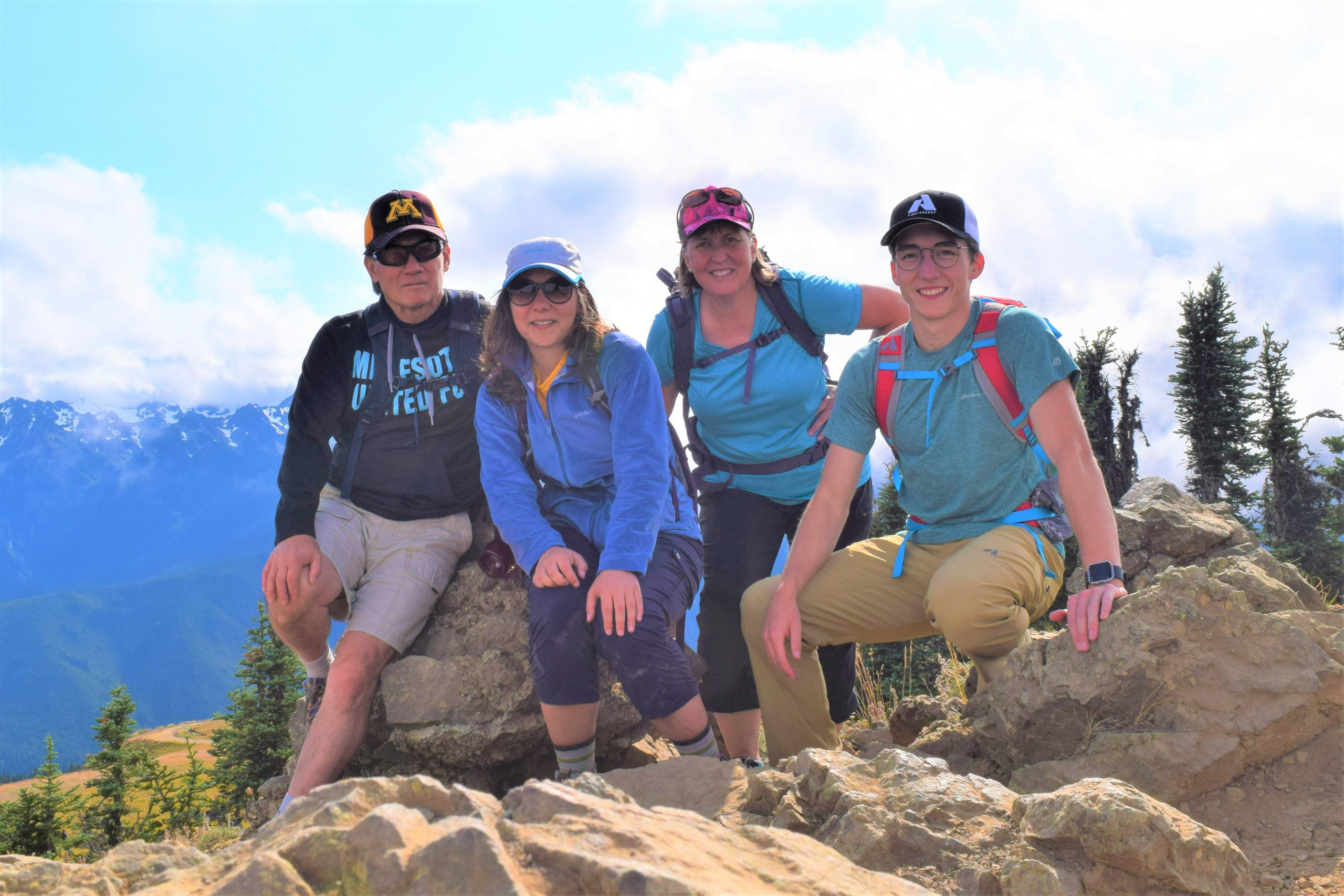Injured? Try this

“I honestly believe being religious would have made the entire process [of sport injury] much easier to cope with. More than once, I felt jealous of injured peers who could turn to religion for comfort.” An atheist cross-country runner wrote this in response to our research survey examining athletes’ perspectives on the role of religious faith in coping with sport injuries. She had missed seven months of collegiate training and competition due to chronic overuse injuries. Her observations nicely summarize the primary finding of our recent studies examining the use of religious ways of coping with sport injuries: Positive religious ways of coping benefit the mental and physical well-being of many athletes recovering from sport injuries.
My story begins more than 20 years ago, when in a sport psychology column for Athletic Therapy Today I wrote that treating the whole athlete, not just the medical case, should encompass caring for physical, psychological, and spiritual needs; in other words, the spirit, mind, and body of the athlete. As I saw it then, although religious faith is not a replacement for medical and mental health interventions, addressing injured athletes’ spiritual needs and spiritual health is a beneficial adjunct to a holistic program of health care. Yet despite writing about it all those years ago, it was not until an invitation from a former advisee to submit a paper for presentation at the Inaugural Global Congress on Sport and Christianity held in York, England in 2016 that I returned to this topic and set about conducting empirical work to see if there was support for this basic premise.
My first step was to review background literature on the latest psychological and religious terminology, constructs, and theories. I found a significant body of evidence within the medical, social, and behavioral sciences showing that religious persons are mentally and physically healthier before and after many kinds of health challenges than are non-religious persons. Individuals high in religiosity are more likely to use religious ways of coping with stressful life events such as health challenges, which in turn relate to health outcomes like stress-related growth or psychological distress. With this as my foundation, I began a line of research exploring how religiosity could function as a resilience factor in coping with sport injuries. I viewed religiosity in the way described by psychiatrist Harold Koenig MD in his 2018 book Religion and Mental Health: Research and Clinical Applications, as “rooted in an established tradition that arises out of a group of people with common beliefs and practices concerning the transcendent.”
In our first empirical study, published in 2020 in the Journal of Clinical Sport Psychology, we used a mixed methods survey design to explore how religiosity/spirituality manifested in coping with sport injuries. Among self-identified religious athletes, higher religious commitment (the extent of one’s commitment to religious beliefs, values, and practices in daily life) predicted greater reliance on a God health locus of control for sport injury (the belief that God controls one’s sport injury recovery) and more extensive use of positive religious ways of coping with sport injury. Examples of positive religious ways of coping rated highly by athletes included “Tried to see how God might be trying to strengthen me in this situation”, and “Looked for a stronger connection with God.” Although there was some use of negative religious ways of coping with sport injury (e.g., “Wondered whether God had abandoned me”), these responses were often short-lived and positive ways of coping were prevalent. In their open-ended responses, many athletes reported stress-related growth experiences related to their religious faith, such as this female basketball player recovering from a concussion: “I grew closer to God. I prayed for my injury and was prayed for. I felt strengthened by others when they prayed over my injury and just seeing the healing process come through strengthened my trust in Him over my body.”
In our second study, presented at the 15th European Congress of Sport and Exercise Psychology, we examined relationships between religiosity and the use of religious ways of coping with sport injuries by adult athletes affiliated with diverse Christian denominations. We hypothesized that there might be differences within the Christian faith in positive and negative ways of coping with sport injury. We found, however, that level of religious commitment, not Christian denomination, was the most influential in determining the extent to which Christian athletes relied on positive (but not negative) religious ways of coping with sport injury. Christian athletes employed ways of coping centered on their personal and religious identities. An Evangelical female basketball player recovering from a knee injury said that “it was comforting to know that regardless of my athletic ability, I am still whole in Christ”, while an injured Nondenominational female athlete said “through my faith, I find my identity outside of what sport it is I participate in.”
These results support that holistic care models encompassing sport psychology, sports medicine, and sports ministry should adapt intervention and treatment plans to accommodate personal religiosity and build on positive and adaptive religious ways of coping with sport injuries when working with religiously committed Christian athletes. Sports medicine providers might consider using the FICA spiritual history tool developed for use by health care clinicians (Puchalski, 1996). The acronym FICA guides brief interviews regarding athletes’ Faith, the Importance of that faith, their connection to religious Community, and the ways health care providers can Address spiritual issues in their health care. Sport psychology consultants could consider cultivating a referral network to religious clergy. This would demonstrate cultural competence in understanding how religious beliefs affect athlete’s personal health care decisions. Sport coaches might be able to share stories through online videos or books about Christian athletes who have coped with sports injuries. Olympic snowboarder Kelly Clark, NBA player Landry Fields, surfer Bethany Hamilton, college football player Eric LeGrand, and NHL player Noah Welch all relied on and grew in their faith during times of injury and could ignite a religious spark within other athletes searching for comfort and hope.
We found … that level of religious commitment, not Christian denomination, was the most influential in determining the extent to which Christian athletes relied on positive (but not negative) religious ways of coping with sport injury.
— DIANE WIESE-BJORNSTAL

Diane’s interest in sporting activity doesn’t stay within the gym. She loves the outdoors, pictured here with her family.
Listen to the companion podcast.


